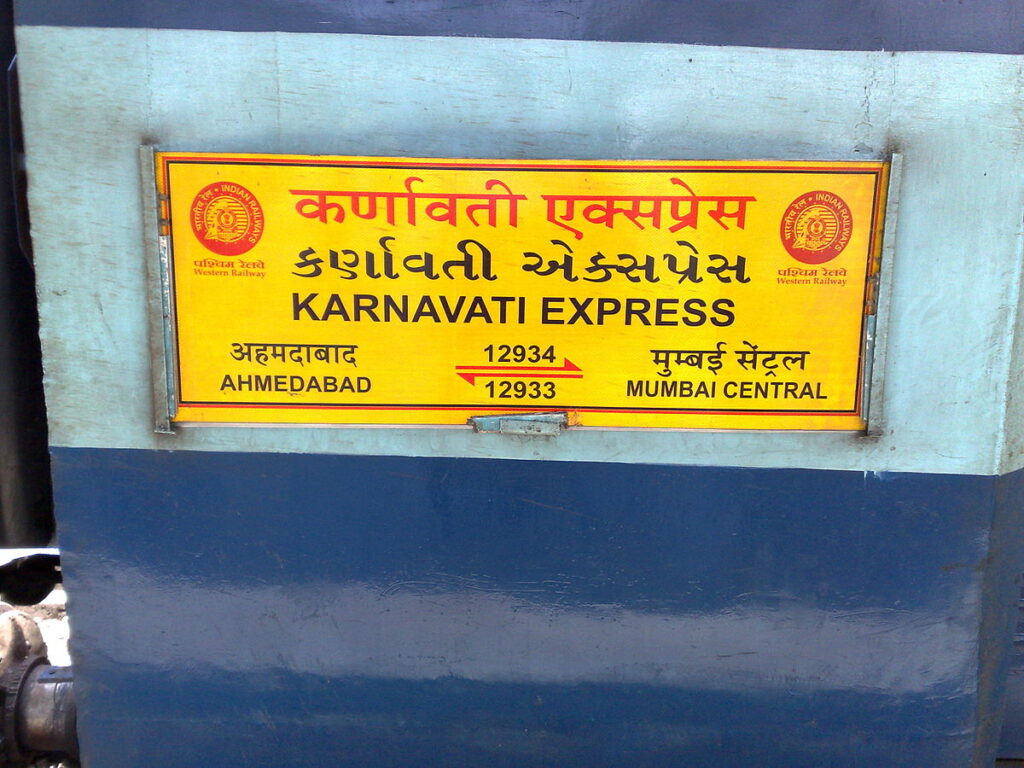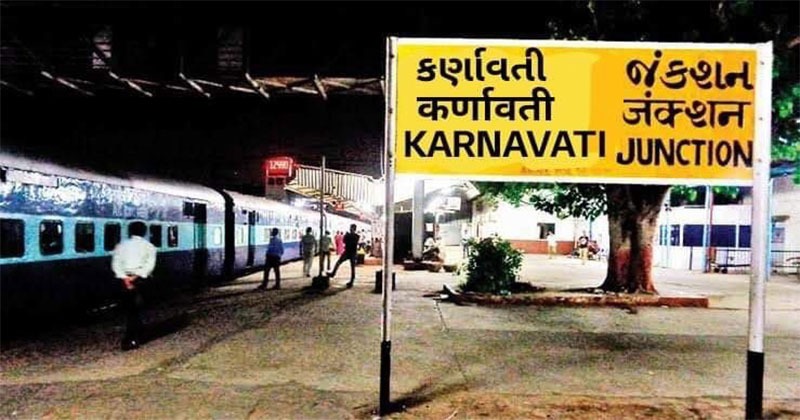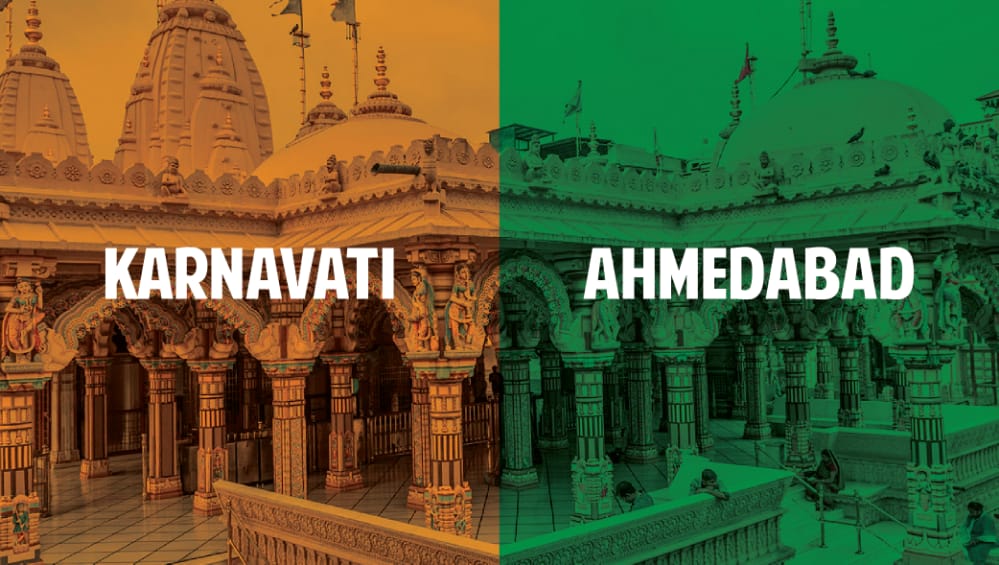India, a land of diverse cultures and rich history, is a melting pot of various civilizations. Each city, each town, and each village has a story to tell, a history that is deeply embedded in its name. One such city is Ahmedabad, the largest city in the state of Gujarat. However, there is a growing sentiment among many, including myself, that the city should reclaim its original name, Karnavati.
Ahmedabad, named after its founder Sultan Ahmed Shah in 1411, has a history that predates this era. The region was known as Karnavati before it was conquered by Muslim rulers. The name Karnavati is derived from the legend of the Hindu warrior Karna, who was said to have grown up in the area. This name is a testament to the city’s Hindu roots and its rich cultural heritage.
The proposal to rename Ahmedabad to Karnavati has been a topic of debate for many years. The Bharatiya Janata Party (BJP), which has been in power in Gujarat for several years, initially supported this change. However, recent statements suggest that they have withdrawn their support. Hasmukh Patel, the BJP MP from Ahmedabad East Lok Sabha constituency, stated that no fresh demand has been made to change the name of Ahmedabad city to Karnavati. BJP leaders have also expressed concerns that renaming Ahmedabad could result in the loss of its status as a World Heritage City.
As a proud Hindu and a believer in the vision of Akhand Bharat and a Hindu Rashtra, I find the BJP’s current stance disappointing. The party, which has always championed the cause of Hindu culture and heritage, seems to have taken a step back on this issue. Their concern about losing the World Heritage status seems to be overshadowing the larger cause of reclaiming our cultural identity.
However, I firmly believe that the name Ahmedabad should be changed to Karnavati. This is not about erasing history but about reclaiming our heritage. The name Karnavati is a symbol of our rich Hindu history and culture, and it is only fitting that we honor this legacy.
There are concerns that renaming Ahmedabad would result in the loss of its status as a World Heritage City. However, it is important to remember that a city’s heritage is not just about a title given by an international organization. It is about the city’s history, its culture, and its people. Karnavati was a prosperous and vibrant city long before it was given the title of a World Heritage City, and it will continue to be so, irrespective of the name.
Moreover, the World Heritage status has not significantly impacted the city’s development or its cultural preservation. The city’s heritage sites are still in need of better conservation, and the living conditions of its residents need improvement. The name Karnavati, on the other hand, can instill a sense of pride and belonging among the city’s residents and can serve as a reminder of our glorious past.
The decision to rename Ahmedabad to Karnavati is not just about changing a name. It is about reclaiming our history, our culture, and our identity. It is about honoring our past and building a future that is rooted in our heritage. As a Hindu, it is difficult to accept a name that was imposed by foreign rulers. The name Karnavati is a symbol of our resilience and our ability to preserve our culture in the face of adversity.
In the spirit of reclaiming cultural heritage, Uttar Pradesh Chief Minister Yogi Adityanath has also been at the forefront of renaming several cities in his state. His actions serve as a testament to the fact that reclaiming our cultural identity is notjust about changing a name, but about honoring our past and building a future that is rooted in our heritage.
Under Yogi Adityanath’s leadership, several cities in Uttar Pradesh have seen their names changed. For instance, the city of Allahabad, a name given during the Mughal era, was renamed Prayagraj, a name that resonates with the city’s ancient Hindu cultural roots. Similarly, the city of Faizabad was renamed Ayodhya, the birthplace of Lord Rama, as per Hindu mythology. The Uttar Pradesh government has also considered renaming other cities. For example, there have been discussions about renaming Sultanpur as Kush Bhawanpur, drawing from the name of Lord Ram’s son, Kush.

These actions by the Uttar Pradesh government under Yogi Adityanath’s leadership underscore the importance of reclaiming our cultural heritage. They serve as an example for us in Gujarat as we consider the renaming of Ahmedabad to Karnavati.
While the BJP’s current stance on the renaming of Ahmedabad to Karnavati is a setback, it should not deter us from advocating for what we believe in. The party’s concern about losing the World Heritage status should not overshadow the larger cause of reclaiming our cultural identity. The name Karnavati symbolizes our rich Hindu history and culture, and it is only fitting that we honor this legacy.

UNESCO has a process for changing the names of World Heritage sites. In 2007, the Auschwitz concentration camp in Poland was renamed “Auschwitz Birkenau”.
Our State/Centre should place this representation in UNESCO.
In conclusion, the name Ahmedabad should be changed to Karnavati. This is not about politics or religion. It is about honoring our past, celebrating our culture, and building a future that is true to our heritage. Let us not be swayed by fears of losing a title. Instead, let us be guided by our love for our culture and our commitment to preserving our heritage. After all, a city’s true heritage lies in its name, its people, and its culture, not in a title given by an international organization.







